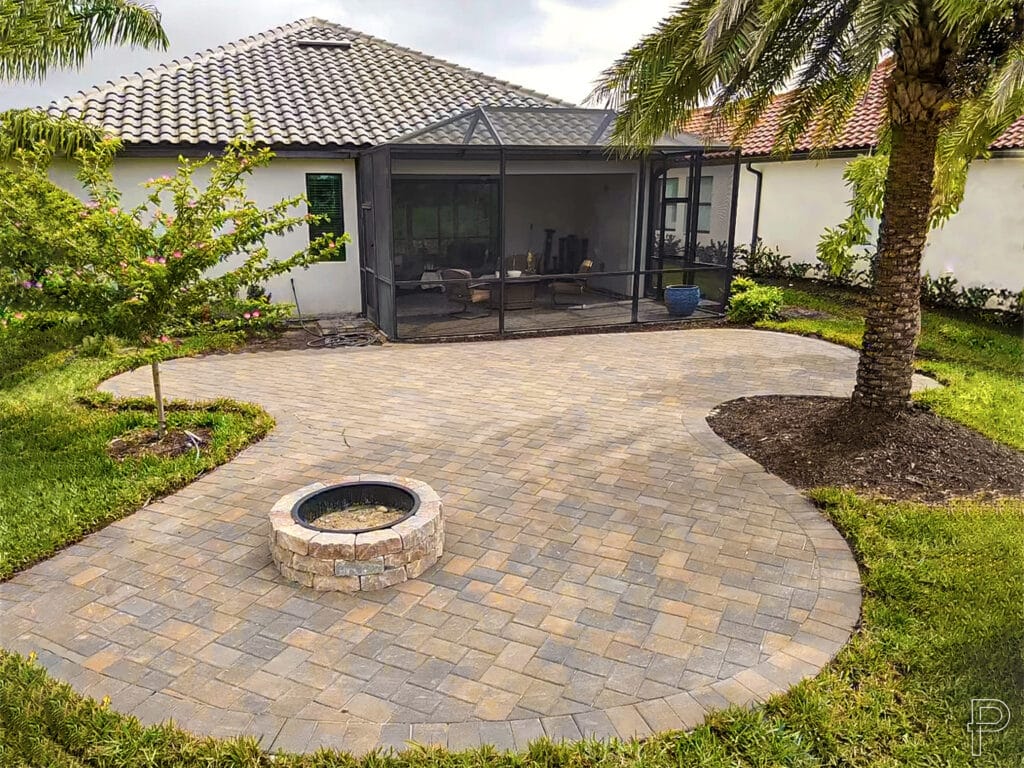
Paver Patio Contractors: A Comprehensive Guide to Enhancing Your Outdoor Living Space
Introduction
A paver patio is a versatile and durable outdoor surface that can transform your backyard into a welcoming and functional living space. Pavers come in a wide variety of materials, colors, and patterns, allowing you to customize your patio to perfectly complement your home’s style and landscaping. When it comes to installing a paver patio, choosing the right contractor is crucial for ensuring a successful and long-lasting project.
Selecting a Paver Patio Contractor
1. Experience and Expertise
Look for contractors with extensive experience in designing and installing paver patios. They should be familiar with the different types of pavers, installation techniques, and drainage considerations.
2. Licensing and Insurance
Verify that the contractor is licensed and insured. This ensures that they have the necessary training and coverage to protect both you and their employees.
3. References and Reviews
Ask for references from previous clients and check online reviews. Positive feedback from satisfied customers is a strong indication of the contractor’s quality of work.
4. Design Consultation
Choose a contractor who offers a thorough design consultation. They should work with you to determine your vision, style preferences, and budget.
5. Material Selection
Discuss the different types of paver materials with the contractor. Consider factors such as durability, cost, and aesthetic appeal.
Paver Patio Design Considerations
1. Size and Shape
Determine the desired size and shape of your patio. Consider the available space, the number of people you want to accommodate, and the flow of traffic.
2. Pattern and Layout
Choose a paver pattern that complements your home’s architecture and landscaping. Consider straight lines, curves, or a combination of both.
3. Borders and Edging
Borders and edging help define the perimeter of your patio and prevent pavers from shifting. Choose materials that match the pavers or create a contrasting effect.
4. Drainage
Proper drainage is essential for preventing water accumulation and damage to your patio. The contractor should design a drainage system that slopes away from your home.
Paver Patio Installation Process
1. Site Preparation
The contractor will prepare the site by excavating the area, installing a base layer of gravel, and compacting it.
2. Laying the Pavers
Pavers are laid in a specific pattern and leveled using a plate compactor. The contractor will ensure that the joints between the pavers are properly spaced.
3. Sealing the Patio
Once the pavers are installed, the contractor will apply a sealant to protect them from stains, fading, and moisture penetration.
Types of Paver Materials
1. Concrete Pavers
Concrete pavers are durable, versatile, and come in a wide range of colors and textures. They are a cost-effective option for large patios.
2. Brick Pavers
Brick pavers offer a classic and elegant look. They are more expensive than concrete pavers but provide a timeless appeal.
3. Natural Stone Pavers
Natural stone pavers, such as granite and limestone, offer a unique and sophisticated appearance. They are highly durable but require more maintenance.
4. Porcelain Pavers
Porcelain pavers are a low-maintenance option that mimics the look of natural stone. They are scratch-resistant and fade-resistant.
Paver Patio Maintenance
1. Regular Cleaning
Sweep or hose down your patio regularly to remove dirt and debris. Use a mild detergent solution for deeper cleaning.
2. Sealing
Reseal your patio every few years to maintain its protection and enhance its appearance.
3. Repairing Cracks
If cracks occur, fill them with a flexible sealant or replace the damaged pavers.
Conclusion
Choosing the right paver patio contractor and carefully considering the design and installation process will ensure that your outdoor living space becomes a beautiful and functional extension of your home. By following the guidelines outlined in this guide, you can create a paver patio that will provide years of enjoyment and enhance the value of your property.